Hong Kong’s dreams of tech stardom are fading fast
Hong Kong had already missed out on Alibaba Group Holding Ltd.’s IPO, the biggest in history, because Jack Ma and his team weren’t willing to give this up.
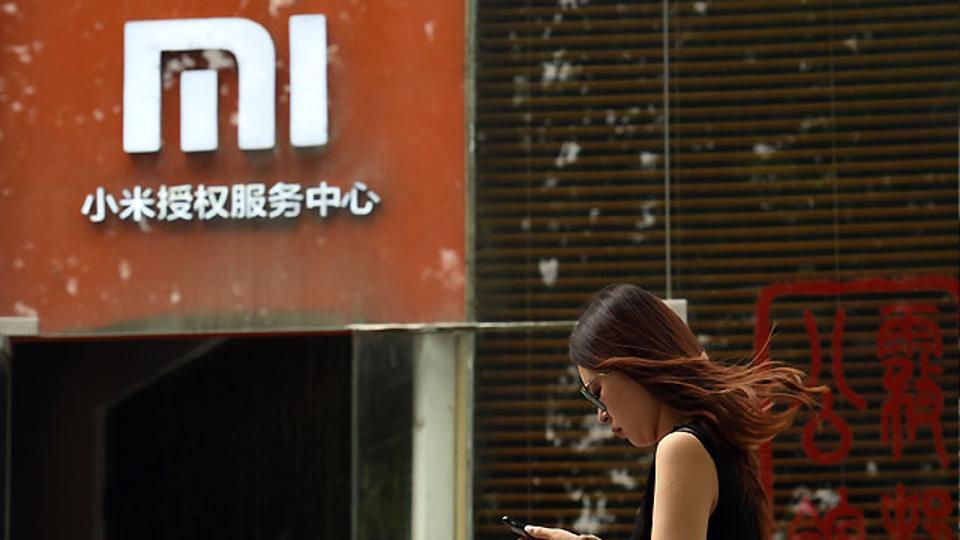
Hong Kong's latest plan to become a listing destination for the region's tech companies is off to a rocky start.
In April the bourse changed a long-standing rule to allow companies with dual-class shares to list on the Hong Kong Stock Exchange.
At the time, Xiaomi Corp., China's hottest startup, was shopping around for a listing venue. Founder Lei Jun was determined to retain control of the company through this ownership structure.
Hong Kong had already missed out on Alibaba Group Holding Ltd.'s IPO, the biggest in history, because Jack Ma and his team weren't willing to give this up.
The situation was clear: Allow dual-class listings or miss out on Xiaomi and the parade of other hot tech startups that were sure to follow.
So change it did, and Xiaomi was quick out of the gate with its prospectus. Meituan Dianping followed two months later. Hong Kong's dreams of becoming the place for technology founders to debut their companies looked alive.
The performance of those shares makes me believe the future is dim. After an initial jump, Xiaomi stock fell 20 percent below its IPO price within 91 days. ALSO READ: Xiaomi hasn't lived up to its mega-IPO hype
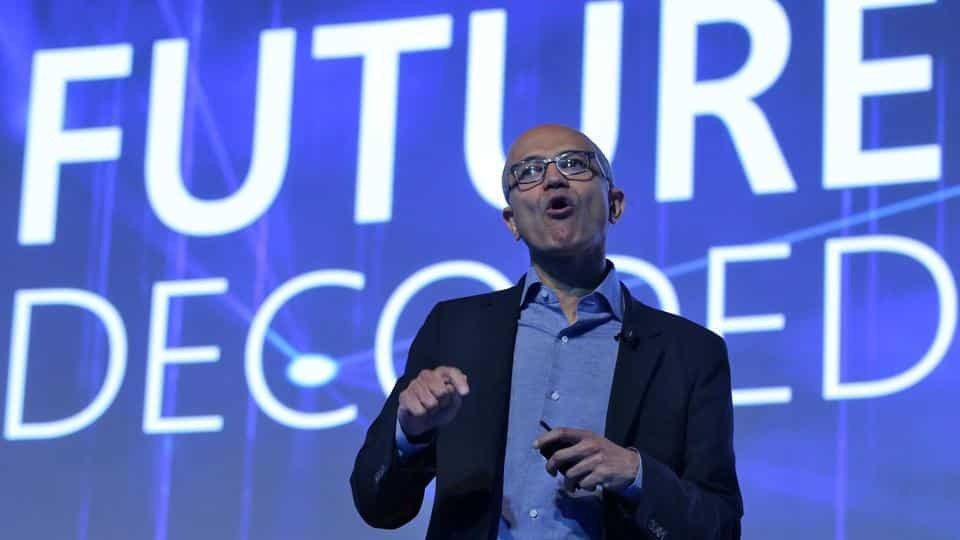
As Mukesh Ambani-promoted Reliance Jio is looking to cut down on data prices, technology giants such as Google, Facebook and Microsoft on the other hand are coming up with products that will run even on 2G or unstable connections. The latest product annoucements were made today by Microsoft CEO Satya Nadella and these products want to bring people from low connectivity areas on the internet. Speaking at the 'Future Decoded' event in Mumbai today, Nadella said that Microsoft is all set to engage India in a cloud-based technology system starting with Skype. The Microsoft CEO said that Skype Lite, which was launched today, would be client built for the connectivity speeds in India. He also added that Skype will soon support Aadhar identity, which would engage all B2B and G2C services. The event is claimed to bring together 1,500 business and government decision makers to engage in conversations on how technology can empower people and organisations.
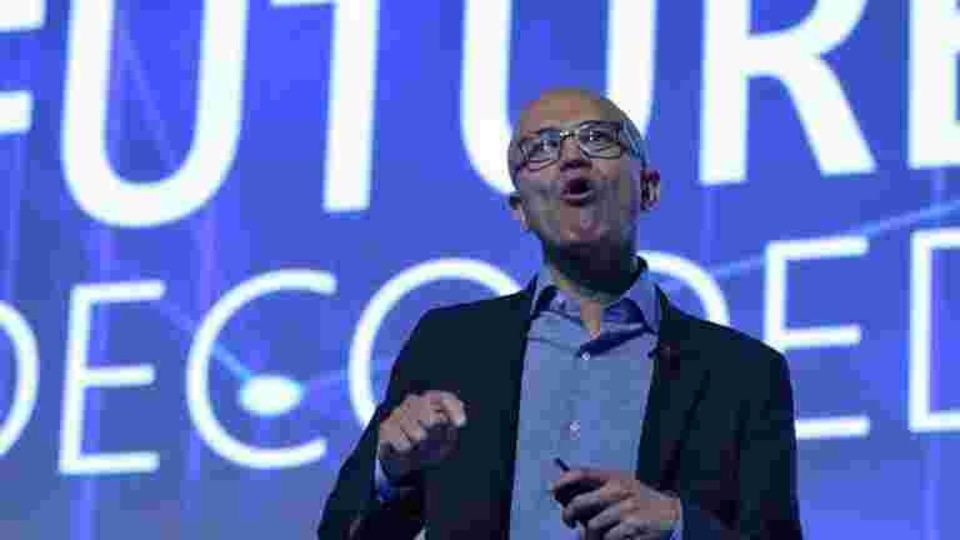
As Mukesh Ambani-promoted Reliance Jio is looking to cut down on data prices, technology giants such as Google, Facebook and Microsoft on the other hand are coming up with products that will run even on 2G or unstable connections. The latest product annoucements were made today by Microsoft CEO Satya Nadella and these products want to bring people from low connectivity areas on the internet. Speaking at the 'Future Decoded' event in Mumbai today, Nadella said that Microsoft is all set to engage India in a cloud-based technology system starting with Skype. The Microsoft CEO said that Skype Lite, which was launched today, would be client built for the connectivity speeds in India. He also added that Skype will soon support Aadhar identity, which would engage all B2B and G2C services. The event is claimed to bring together 1,500 business and government decision makers to engage in conversations on how technology can empower people and organisations.
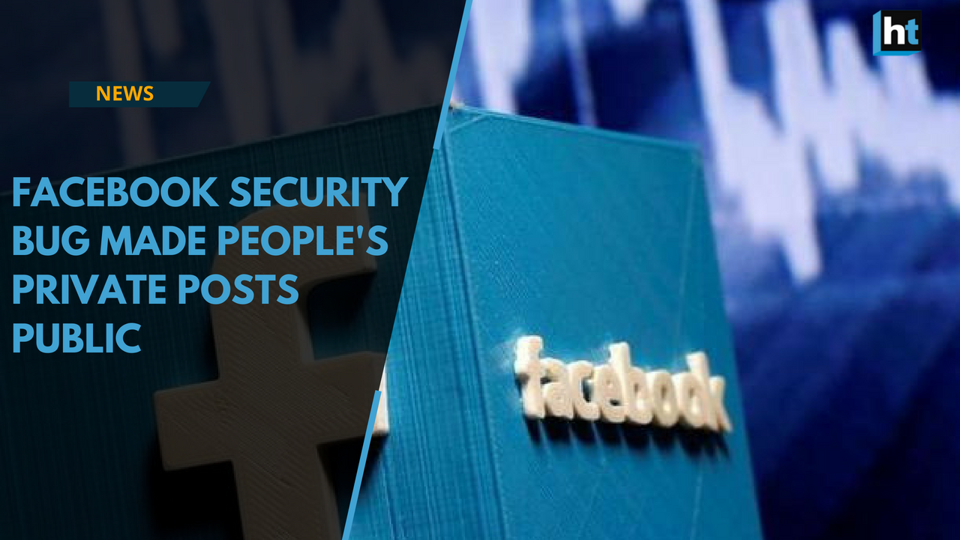
Facebook said a software bug led some users to post publicly by default regardless of their previous settings. The bug affected as many as 14 million users over several days in May. The problem, which Facebook said it has fixed, is the latest privacy scandal for the world's largest social media company.

Facebook said a software bug led some users to post publicly by default regardless of their previous settings. The bug affected as many as 14 million users over several days in May. The problem, which Facebook said it has fixed, is the latest privacy scandal for the world's largest social media company.
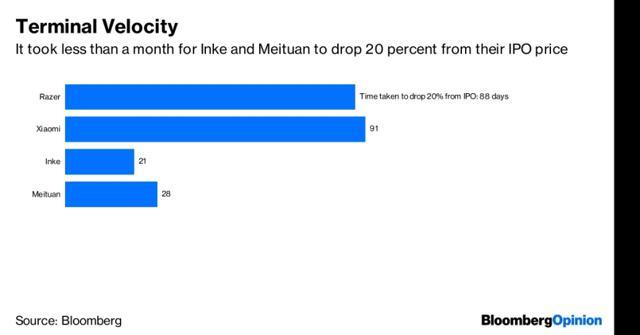

But dual-class was meant to be the path to tech glory for an exchange dominated by energy, financials and utilities. Technology startups lean toward a split structure as a way to allow founders to maintain management control while giving venture-capital firms a share of the economic spoils commensurate with the risk and money they put in. Facebook Inc. is one of dozens of companies globally that use it.
Such a fast decline by two early adopters — Xiaomi and Meituan — doesn't augur well for Hong Kong's reputation. It already tried relaxing listing rules when it introduced the Growth Enterprise Market two decades ago. That exchange has become a repository for the dregs of equities.
Also telling is the fact that Hong Kong's tech superstar, Tencent Holdings Ltd., has chosen to take Tencent Music Entertainment Group overseas instead of remaining loyal to its home bourse.
This inauspicious start could get worse if the IPO of Bitmain Technologies Ltd. goes ahead. The maker of bitcoin mines is facing multiple challenges exacerbated by continued weakness in cryptocurrency markets. Should that end up being another fast-falling stock, investors globally could start questioning the quality of technology shares listed in Hong Kong.
Letting standards slide to chase hot listings will backfire. If portfolio managers shun Hong Kong for steadier markets, tech founders will follow.
Tim Culpan is a Bloomberg Opinion columnist covering technology. He previously covered technology for Bloomberg News.
Catch all the Latest Tech News, Mobile News, Laptop News, Gaming news, Wearables News , How To News, also keep up with us on Whatsapp channel,Twitter, Facebook, Google News, and Instagram. For our latest videos, subscribe to our YouTube channel.
































